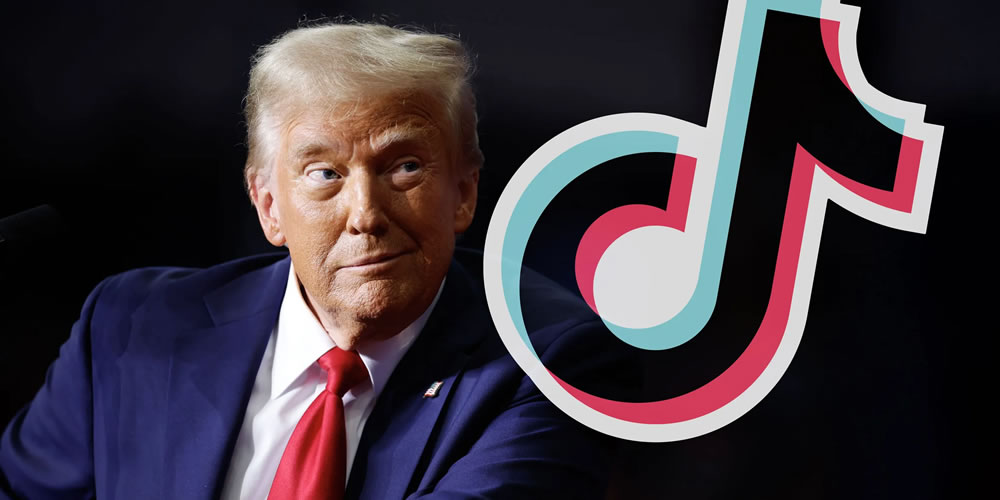United States President Donald Trump said he had a consortium of rich investors who wanted to buy TikTok, which could shift the app's uncertain fate in the United States. He was interviewed on Fox News’ "Sunday Morning Futures with Maria Bartiromo" and said he could name those "very wealthy people" within the next two weeks. However, the president also stated that the deal would almost certainly have to be approved by Beijing and hoped that Chinese President Xi Jinping would do so. Nonetheless, Trump has added another layer of intrigue to an already geopolitically charged situation as the forced-sale deadline looms ever closer for TikTok.

Beijing’s Approval Remains Critical as Divestment Deadline Approaches
By contrast, Trump's remarks come at a time when the future of TikTok is very tenuous in the U.S. In 2024, lawmakers had pushed through a bill that would require TikTok's Chinese parent, ByteDance, to divest U.S. operations or face a national ban. The bill had completed the legislative process amid growing angst that the Chinese government could use the app to manipulate public opinion or collect confidential U.S. user data. A more practical view, therefore, is perhaps shown by Mr. Trump, who seems willing to allow a sale rather than impose a complete ban. As he sees it, the survival of TikTok under new ownership would be for the benefit of both younger voters, who have flocked to the app, and also national security interests that worry about foreign control.
Trump’s Previous Extensions Highlight Complexities in Resolving TikTok’s Fate
Nonetheless, the TikTok ownership issue has remained anything but simple to resolve. There have already been three extensions to the ByteDance divestiture deadline granted by Trump, with the most recent deadline being September 17. On the one hand, these delays highlight the logistical difficulties and the political sensitivities concerning TikTok operating in the U.S. On the other hand, rather ominously, the Protecting Americans from Foreign Adversary Controlled Applications Act (PAFACA) has been ominously hovering over the negotiations. Initially, the law was even supposed to come into force in January, threatening the operators of any app stores and internet providers that continued to make TikTok available with penalties. However, TikTok did go offline in the U.S. for a bit before access was restored through Trump’s series of extensions, highlighting just how unstable the situation had become.
Possible Buyers Include Major Tech Players and Trump Allies
On the contrary, several potential buyers have stepped forward, ranging from established technology giants to influential Trump allies. Oracle’s Larry Ellison, who has previously supported Trump’s policies, remains a notable contender, while companies like AppLovin and Perplexity AI have also expressed interest. After all, Trump’s belief that TikTok can thrive under American ownership rests on the idea that a trusted group of investors could allay fears of Chinese government interference. Regardless of who ultimately acquires the app, the coming weeks promise to be decisive for TikTok, its millions of American users, and the broader debate over foreign influence in U.S. technology.






























